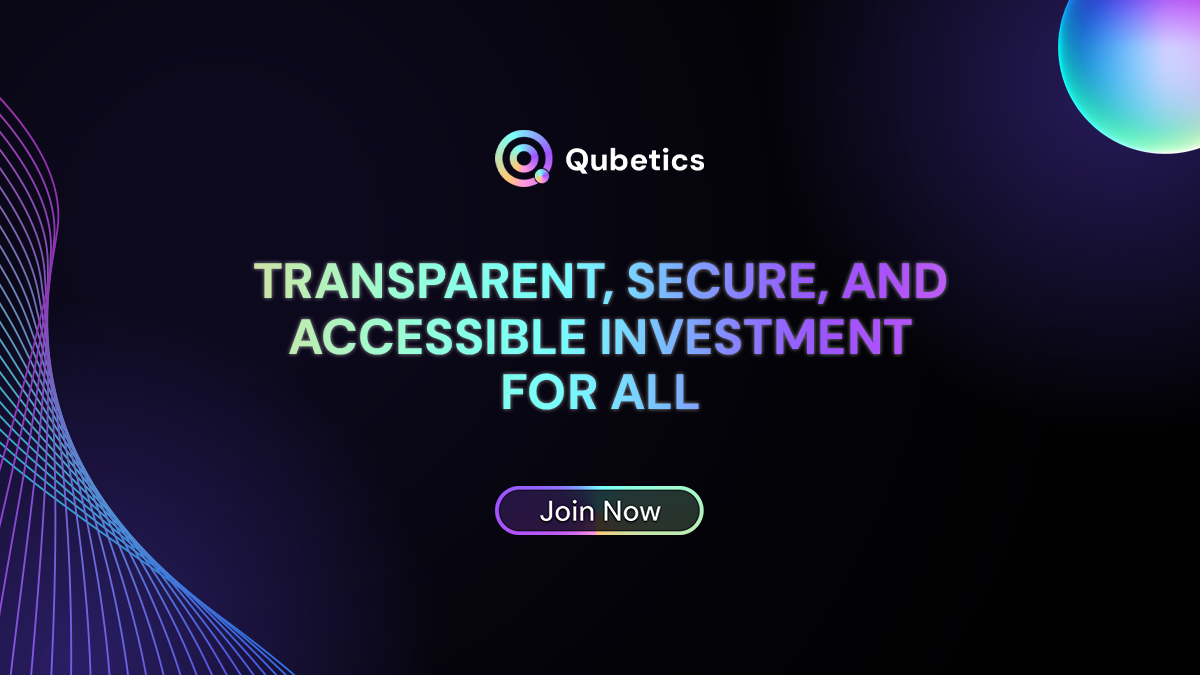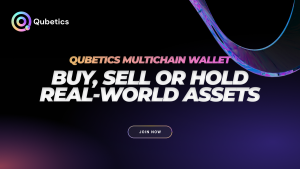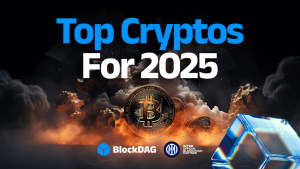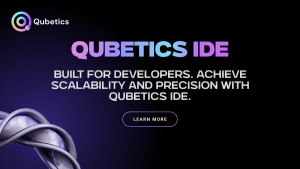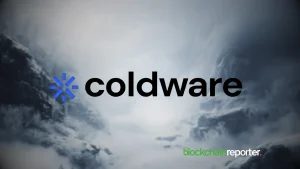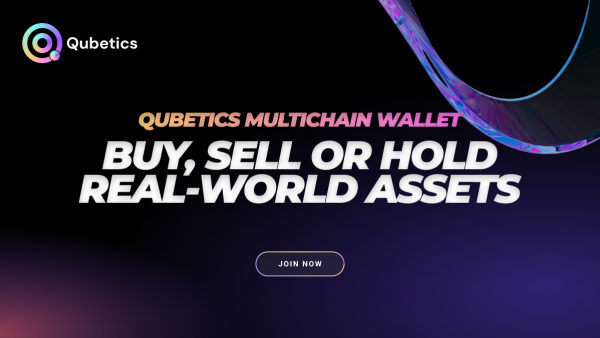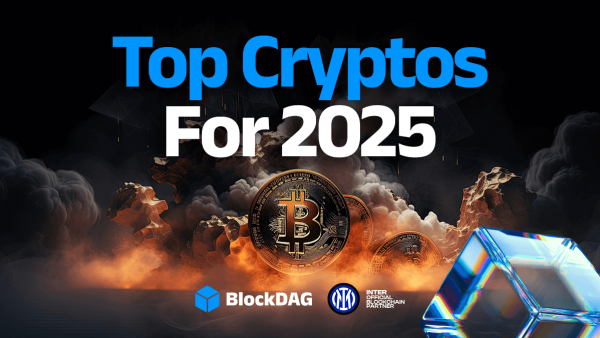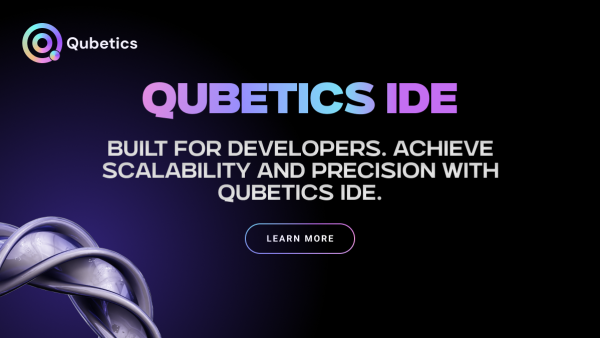- 1. Qubetics: Redefining the Digital Wallet Experience
- 2. Filecoin: Decentralized Storage for the Future
- 3. Aptos: Delivering High Throughput and Reliability
- 4. Tezos: A Self-Amending Blockchain with Governance at Its Core
- 5. Toncoin: Powering the Decentralized Web
- 6. Polygon: Scaling Ethereum for the Masses
- 7. Conclusion
As the blockchain industry diversifies and matures, different projects are emerging with unique solutions and innovations tailored to various needs. Filecoin, Aptos, Tezos, Toncoin, and Polygon each address specific aspects of blockchain scalability, storage, governance, and decentralised finance (DeFi). Meanwhile, Qubetics introduces a user-centric approach with its advanced wallet features, integrating modern digital finance tools. This article provides a comparative overview of these projects, focusing on their core innovations and how they aim to shape the future of decentralised technology.
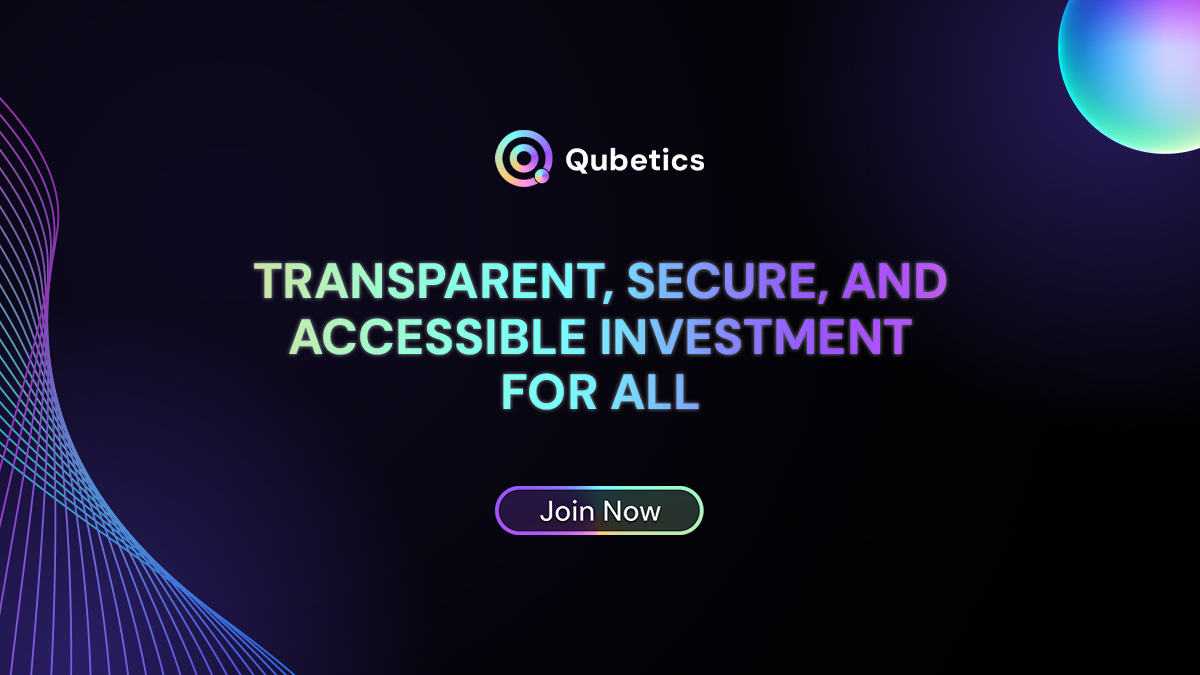
Qubetics: Redefining the Digital Wallet Experience
Qubetics distinguishes itself with the Qubetics Wallet, a comprehensive tool designed for easily managing digital assets. In an era where the demand for secure and user-friendly crypto wallet solutions is surging, the Qubetics Wallet addresses a key need for individual and institutional users. The Qubetics Wallet is designed with accessibility in mind, offering support across iOS, Android, and desktop platforms. This wide-ranging accessibility allows users to manage their $TICS tokens and other digital assets effortlessly, no matter their device or operating system. The wallet’s intuitive interface ensures that users can easily navigate the complexities of crypto management, making it a powerful tool for financial empowerment.
One of the standout features of the Qubetics Wallet is its debit card integration and virtual card functionality. By collaborating with major financial networks like Visa and Mastercard, Qubetics enables users to link their wallets to physical and virtual debit cards, allowing for seamless transactions through Apple Pay, Google Pay, and other mobile payment systems. This feature bridges the gap between digital and traditional finance, empowering users to spend their $TICS tokens as easily as fiat currency.

Additionally, the Qubetics Wallet allows users to generate virtual cards directly within the application. These virtual cards can be used for online purchases, adding an extra layer of security by allowing users to manage and control their spending without exposing their primary accounts. This focus on convenience and security makes the Qubetics Wallet an innovative solution in the ever-growing market for digital finance tools.
Qubetics presents a strategic opportunity for investors during its presale phase, with a price of $0.0175692 per $TICS token. A $100 investment yields approximately 5,691 tokens, and if Qubetics reaches a price of $15, the investment could grow to $85,365. This potential for high returns, combined with the wallet’s advanced features, makes Qubetics an attractive option for those looking to engage with the future of digital finance.
Filecoin: Decentralized Storage for the Future
Filecoin stands as a leader in decentralised storage solutions. Launched by Protocol Labs, Filecoin’s primary goal is to provide a decentralised marketplace for cloud storage. Unlike traditional storage services, Filecoin allows users to rent out unused hard drive space, creating a distributed network storing data across multiple nodes. This approach enhances data security and privacy and ensures that users can access storage services without relying on centralized providers.
Filecoin’s economic model is based on its native FIL token, which is used for payments between users and storage providers. This incentivises storage providers to maintain high availability and reliability, making the network more robust. As the demand for secure and cost-effective data storage grows, Filecoin’s approach could become increasingly relevant, especially for businesses seeking to store large datasets without centralised oversight.
Aptos: Delivering High Throughput and Reliability
Aptos is a Layer 1 blockchain that aims to address the scalability challenges faced by earlier blockchain networks. Utilising a new consensus mechanism, Aptos offers high throughput and low-latency transactions, positioning itself as an ideal platform for decentralised applications (DApps) that require fast and efficient processing. Aptos has garnered attention due to its ability to process thousands of transactions per second, making it competitive with other high-performance blockchains.
The network’s architecture prioritizes reliability, ensuring that even as transaction volume increases, the platform can maintain a high standard of performance. This focus on scalability and reliability has made Aptos an attractive option for developers and enterprises looking to deploy scalable blockchain solutions, particularly those that aim to integrate with existing financial systems and enterprise-grade applications.
Tezos: A Self-Amending Blockchain with Governance at Its Core
Tezos is known for its focus on on-chain governance, allowing token holders to propose and vote on protocol upgrades without hard forks. This self-amending capability is a defining feature of Tezos, making it one of the industry’s most flexible and adaptive blockchains. By continuously evolving through community-driven updates, Tezos ensures its technology stays up-to-date with the latest advancements without the risk of contentious splits.
Tezos’s governance model is underpinned by its XTZ token, which is used for staking, voting, and securing the network through its proof-of-stake (PoS) consensus mechanism. This structure has helped Tezos attract a growing community of developers interested in building DApps, NFTs, and DeFi projects on a platform that offers stability and adaptability. Tezos’ emphasis on energy efficiency and governance aligns with the needs of organisations looking for a sustainable and community-oriented blockchain.
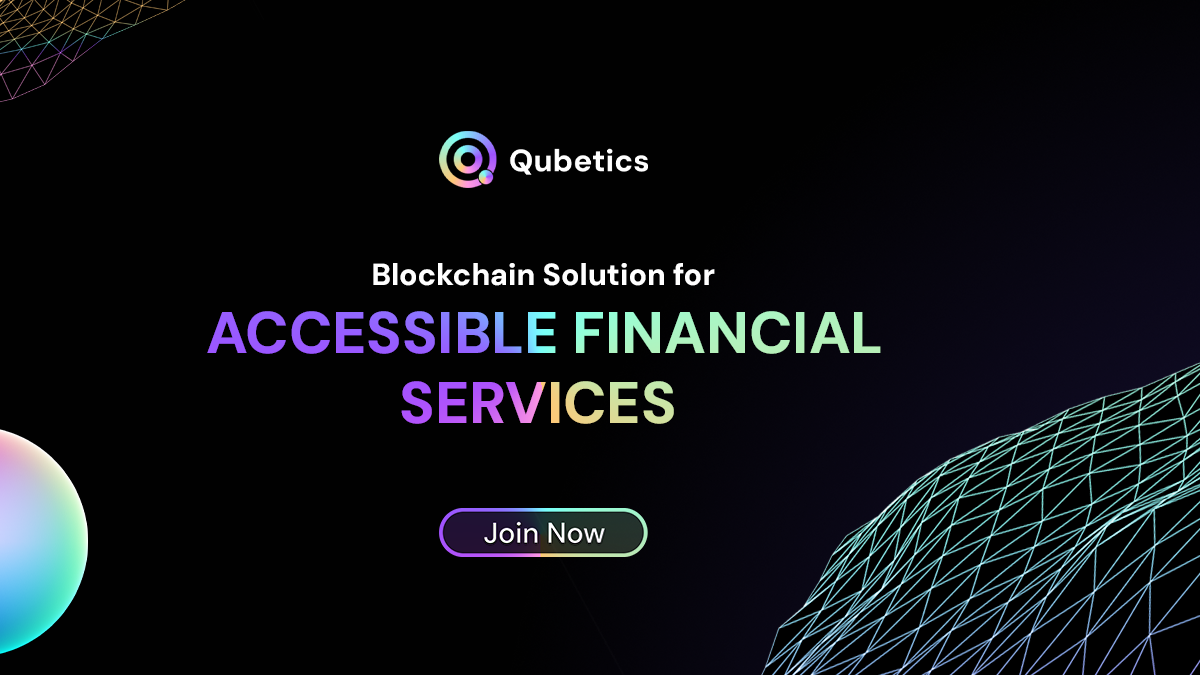
Toncoin: Powering the Decentralized Web
Toncoin (TON) is part of The Open Network (TON), a blockchain originally designed by Telegram to facilitate fast, scalable transactions. After Telegram departed from the project due to regulatory challenges, an independent community of developers took over TON. Toncoin focuses on creating a decentralised ecosystem for payments, messaging, and digital services to fulfil the original vision of a seamless digital economy integrated with social media.
Toncoin’s appeal lies in its potential to integrate with messaging applications, making it easy for users to send digital assets directly through platforms they already use. This focus on user experience could help drive mainstream adoption, offering a simple way for users to engage with blockchain-based services without the technical barriers often associated with cryptocurrency platforms.
Polygon: Scaling Ethereum for the Masses
Polygon, previously known as Matic Network, has become one of Ethereum’s most prominent Layer 2 scaling solutions. By providing sidechains and rollups, Polygon enhances Ethereum’s transaction speed and reduces fees, addressing one of the network’s biggest pain points. The result is a more efficient environment for deploying DApps, enabling developers to scale their applications without sacrificing Ethereum’s security and liquidity.
Polygon’s ecosystem includes a wide range of DeFi protocols, NFT marketplaces, and other blockchain-based applications, making it a hub of activity within the Ethereum ecosystem. Its native MATIC token is used for staking, governance, and transaction fees, ensuring the network remains secure and decentralised. Polygon has become a crucial infrastructure layer for the DeFi and Web3 space by offering a scalable solution to Ethereum’s congestion issues.
Conclusion
Filecoin, Aptos, Tezos, Toncoin, Polygon, and Qubetics each bring unique value propositions to the blockchain space, addressing different aspects of scalability, storage, governance, and digital finance. Filecoin provides decentralised data storage, while Aptos focuses on high-throughput blockchain solutions. Tezos emphasises governance and adaptability, Toncoin integrates blockchain with social applications, and Polygon scales Ethereum’s capabilities. Meanwhile, Qubetics offers a user-centric approach to digital finance management, making it easier for individuals and businesses to engage with digital assets.
As blockchain technology evolves, these projects demonstrate the potential for diverse applications in a decentralised world. Whether through innovative wallet solutions or scalable blockchain infrastructure, each platform contributes to the broader goal of a more accessible and efficient digital economy. Investors and users alike can find opportunities in these ecosystems, depending on their needs and vision for the future of blockchain technology.

For More Information:
Qubetics: https://qubetics.com
Telegram: https://t.me/qubetics
Twitter: https://x.com/qubetics
This article is not intended as financial advice. Educational purposes only.




